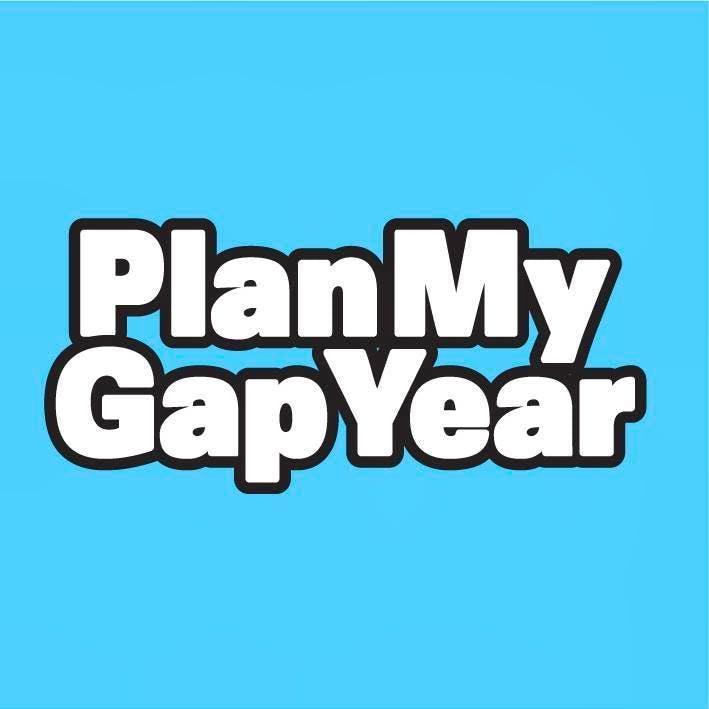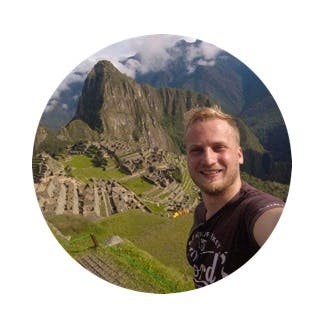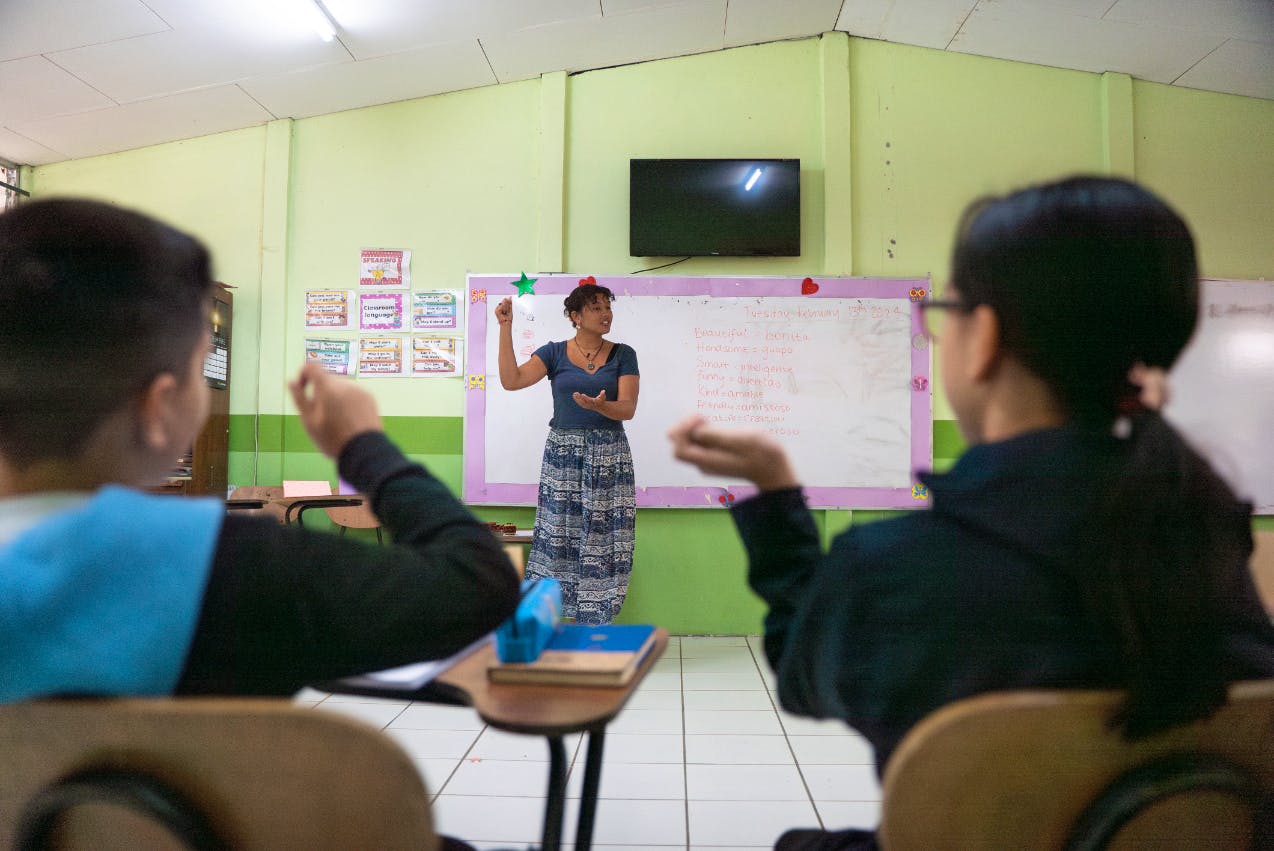As a volunteer teaching English in Costa Rica, you will provide additional support to local teachers across the schools in Coronado. Not only this, PMGY’s Costa Rica volunteer programs provide a great foundation to improve your Spanish. Combine your Spanish learning and enthusiasm for teaching to make the most out of your teach English in Costa Rica experience!
BACKGROUND TO THE TEACHING PROGRAM
The beautiful city of Coronado is located in the suburbs of San Jose. Communities are expanding in Coronado and classrooms are becoming increasingly overstretched. Teachers are overseeing classrooms of as many as 30 students, calling out for much-needed assistance.
For over a century, education has been free for all Costa Rica citizens. The literacy rate of Costa Rica is 95%. Moreover, most students will graduate from secondary school with some form of specialised training. This specialisation will help students stand out when it comes to finding a job in Costa Rica in their free time.
The belief behind free education is the empowering future that comes as a result. The government believes that providing a solid education will then provide the country with a more skilled workforce. People who can advance the times and opportunities for Costa Rica.
The mission of the Costa Rican school system is, “To create a well-educated populace that will one day improve their national (and even global) lot.” Costa Rica is a community-based society and not based on the individual success of students.
In 1869 Costa Rica was the first country in Central America to make education free for all citizens. Primary education is mandatory for children 6 to 13 years old followed by a voluntary secondary education lasting five years. The final two years of secondary education are specialised. This includes subjects such as computer science, media & technology, clinical assistance and childcare training.
The public and private school systems are similar in the respect that the curriculum is enforced and determined by the Ministry of Education. The major difference between the two is that extra classes are offered to prepare students for study abroad. The cost of private education is very high and only those from high-income families are able to receive such programs.
Social classes are a major factor in the social system of Costa Rica. Costa Ricans feel that their high education sets them apart from those of less fortune. Due to this, there has been a great focus on the expansion of primary and secondary education.
Families with a higher cost of living born into the lower classes will almost always remain in this class. However, in certain cases due to free education and family sacrifice to save money, students can have their prospects enhanced. This may be through being placed into private education or English classes that progress them into further levels of education. This is where free assistance within the public school system can really provide a fighting chance for those of lower classes.
PMGY Costa Rica is happy to provide assistance and lessons for the teachers of Coronado. Many teachers have studied with foreign educators but do so at a University level. Consequently, their English was developed at an older level. To ensure our volunteers are equipped to teach English in Costa Rica, the teaching program will include 1 week of Spanish language classes to start your project! This is to ensure you are able to apply yourself to the children and teachers!
Volunteer opportunities provided by PMGY offer a platform to make a positive impact when you teach English in Costa Rica. When working at our volunteer teaching English abroad projects in Costa Rica, it is important to maintain energy, enthusiasm and creativity. Many of these students will benefit from having someone who is fluent in the English language teaching them in Costa Rica. As a volunteer teaching English in Costa Rica, you will need to donate your time and skills effectively. This is to ensure you can maximise your impact on the local people. If you need motivation for volunteer gap year options, then our projects in Costa Rica provide some fantastic opportunities.
TEACHING VOLUNTEER PLACEMENT EXAMPLES
Centro Infantil Estrellita Feliz - Located just outside the centre of Coronado, Centro Infantil Estrellita Feliz is a dedicated primary school and daycare centre supporting children from infancy to age 13. The centre operates as an educational and social support facility, with morning academic classes and afternoon activities fostering social and recreational engagement. Many of the 130 children enrolled at Estrellita Feliz come from families facing social or economic challenges and receive assistance from the government to attend. With a supportive and structured environment, the centre aims to provide its young participants with foundational learning, developmental activities, and social stability. In turn, this encourages a positive and secure atmosphere for growth.
As a volunteer in Costa Rica, you will play a crucial role in Estrellita Feliz’s daily operations. Tasks involve directly supporting teachers with classroom activities, assisting with educational and recreational programs, and preparing necessary materials to enhance each day’s learning experience. Volunteers may also participate in light cleaning and maintenance to ensure the children have a safe and organised environment. This hands-on involvement offers volunteers a unique opportunity to positively impact children’s lives, providing essential support to the staff and contributing to the overall development of the students.
Cascajal School - Located in the mountains of Coronado, Cascajal School offers a more rural placement opportunity. Nevertheless, the school is still easily accessible by bus from the accommodation. It is surrounded by nature and offers beautiful mountain views whilst still being close enough to the city.
The school hosts 100 students from preschool to sixth grade with a maximum of 20 students in each class. The school also provides education for groups of children with special needs should volunteers wish to support in this area. The children who attend this school live in the nearby surroundings.
This project environment can be a more challenging environment than others, but equally far more rewarding and involved than other projects. Volunteer tasks will include coordinating activities with the teachers, running language classes and supporting with administration.
OTHER THINGS TO CONSIDER TEACHING CHILDREN IN COSTA RICA
Return Airport Transfer - Your return airport transfer is not included in your Program Fee. Our local team can help arrange onward transfers to the airport or an alternative destination from the accommodation. Making specific arrangements once in Costa Rica provides more flexibility as plans can often change and participants may be on similar flight plans. Alternatively, a more common and cheaper method is to use a ridesharing app. Participants can often be travelling across their final few days and therefore are not necessarily heading back to the airport directly from our accommodation. The costs depend on your method of transport and your final destination. This can often be split across multiple participants if you are travelling with someone else on the program.
Experience - For the English Teaching program, teaching experience is not essential as the mere presence of a native English speaker is invaluable. As long as you are creative, determined and resourceful you can have a constructive impact on the development of the children’s education.
TEFL Course - We encourage volunteers to prepare as much as possible for their teaching program overseas. You can make the most out of your time by completing our convenient, inexpensive and international accredited 60 hour Online TEFL Course. The cost of this course is only 150 USD.
Spanish Requirements - As for all our volunteer in Costa Rica programs, we recommend that you speak a reasonable level of Spanish prior to your trip. There are no specific language requirements in order to join the program and you can join as an absolute beginner. However, we find that the ability to speak a good level of the Spanish language and a passion to learn more will greatly enhance your overall experience. This is because English is generally not widely spoken and therefore our programs should be viewed as a broader language immersion experience. If you do not speak a reasonable level of Spanish then you will find it difficult to communicate. As a result, this could lead to a more frustrating experience.
All PMGY volunteers in Costa Rica will participate in the learn Spanish in Costa Rica program for the first week of their experience. This provides everyone with 20 lessons per-week of group Spanish lessons and some optional afternoon cultural and social activities. In cases where a participant is the only one at their level, a participant may partake in 15 private lessons per-week instead. Each lesson lasts 50 minutes.
Prior to your arrival, you will receive an email request to take a Spanish Proficiency level form. The form is quick and used by the local team to prepare your classes upon arrival. The aim of this week is to try and improve your level of Spanish before you start volunteering in your second week. Most participants in Costa Rica are purely joining the Language Immersion program rather than volunteering. Therefore, the Spanish language experience is a huge part of the overall culture of the setup in Costa Rica.
PMGY also offer Online Spanish Lessons that you can take before your trip. The lessons provide you with the opportunity to receive one-on-one classes from a trained Spanish teacher. Classes are held via Zoom and can be worked around your schedule back in your home country.
Once you are in-country then you are also able to organise additional Spanish lessons directly with our local team. Volunteer feedback suggests that it can often be tiring to complete Spanish lessons at the same time as your volunteer programs in Costa Rica. Consequently, we generally recommend extending your Language Immersion Program.
Weekends - Your project work in Costa Rica runs from Monday-Friday and weekends are free. You are welcome to relax and hang out at the volunteer accommodation but most participants will use this time to travel and explore the country. As a result, you can check out our Costa Rica Weekend Travel Guide for top tips on how to spend your weekend.







 4.9
4.9





















